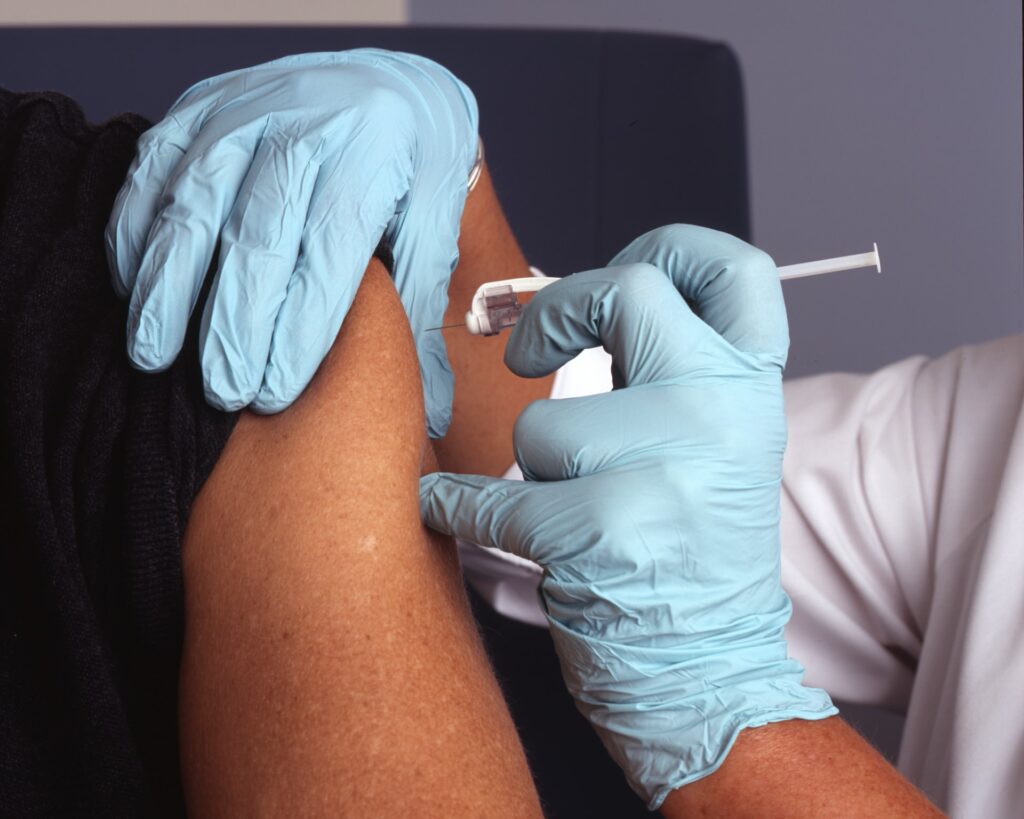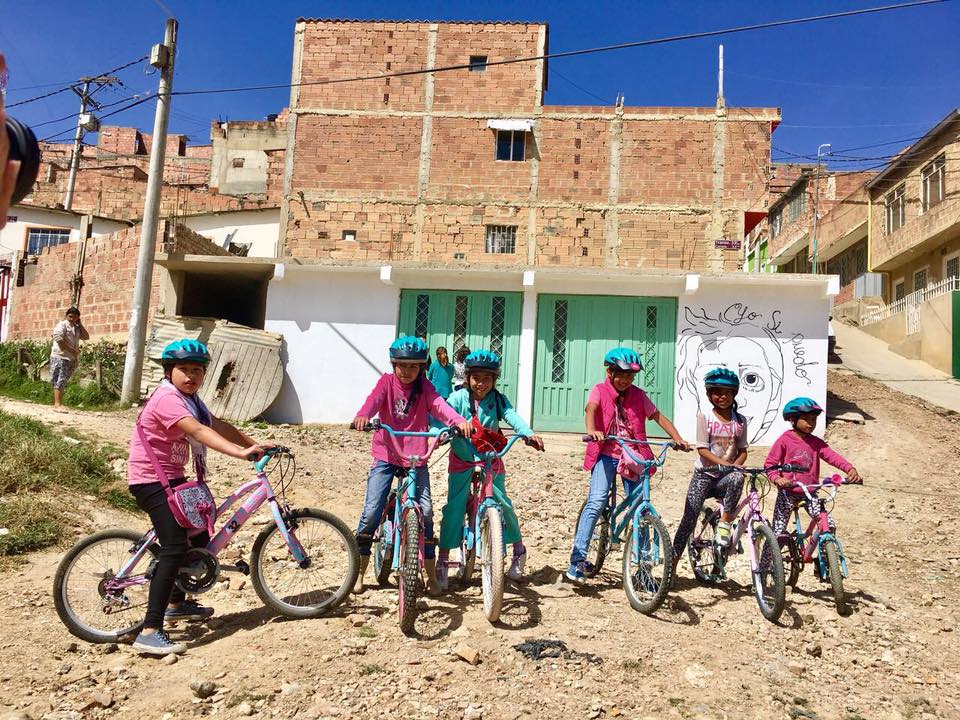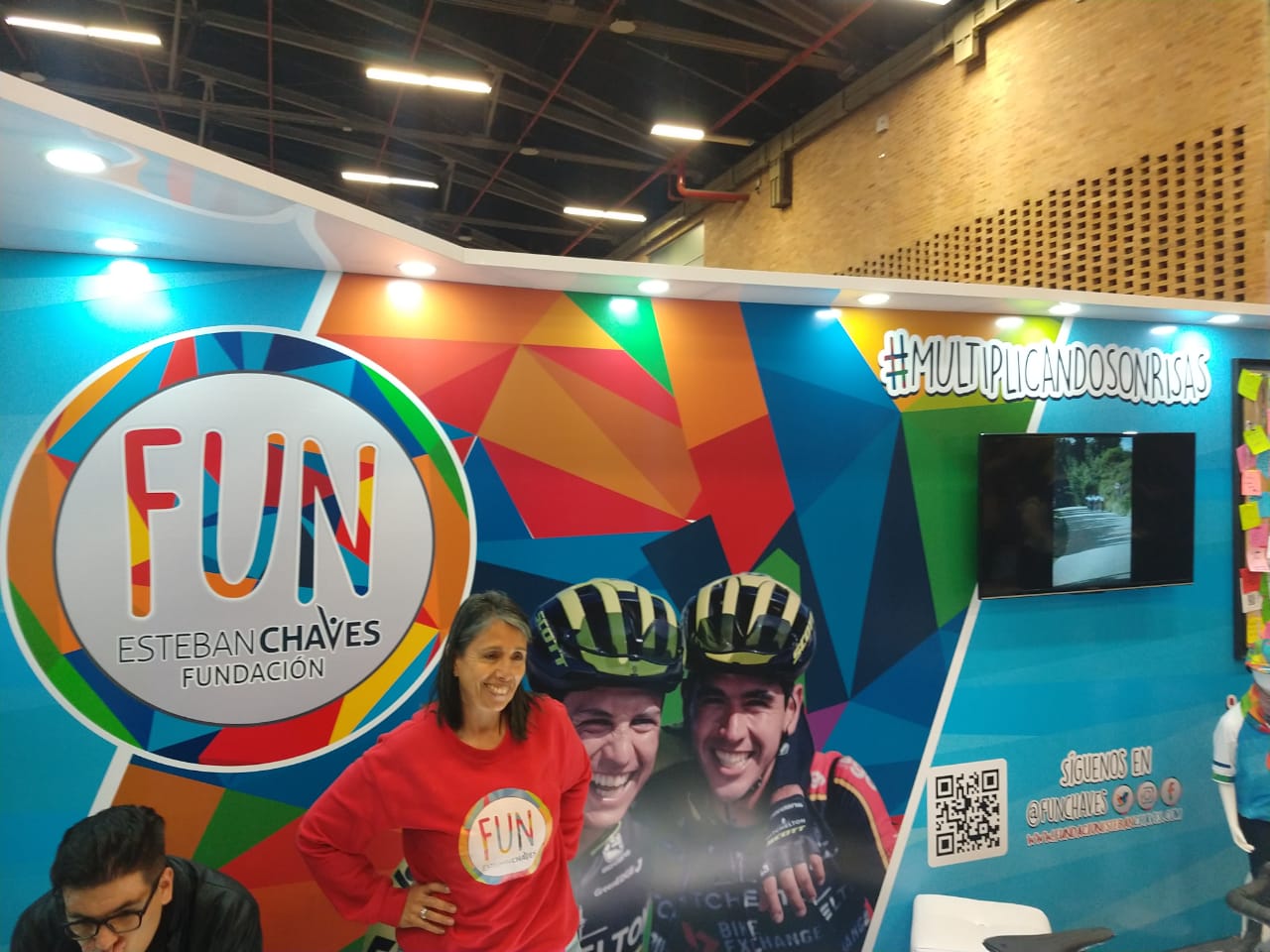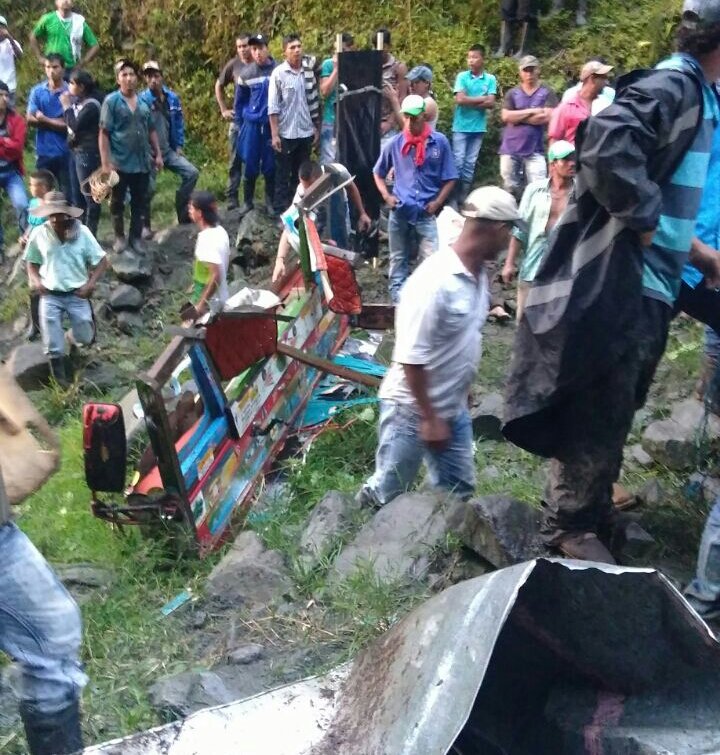Can private provision of jabs shut down the COVID-19 outbreak in Colombia? And are we anywhere near herd immunity. And can it ever be reached? Read on for more about Colombia vaccination.

Colombia’s deadly third COVID-19 peak is now claiming 400 deaths a day – including many younger people – and intensive care units are at 80% capacity (higher in some places). Meanwhile, the Colombia vaccination program has yet to show much impact.
Here’s a quick Q & A guide to the latest twists and turns in the vaccine saga, and the news that vaccines can be commercialised – but with strings attached.
So how is Colombia’s vaccination plan going? What’s Colombia’s vaccination schedule?
After a slow start, partly because of its own internal bureaucracy, the Ministry of Health has cranked up the vaccination campaign to 700,000 doses a week. So far it’s fully covered 1.3 million people with two doses. Around 3 million have had a first dose, and will have partial protection.
That sounds good. So why are seeing so many deaths?
Most people are still unprotected from the virus. Officially, only 2.7 million Colombians have had COVID. Even if we expand that to 10 million (adding in a generous number of people who never knew they had it, or didn’t get tested), and add the vaccinated persons, that still only adds up to less than 17 million folk in a country of 50 million. Add in the new – and more contagious virus variants – such as the Brazilian and UK strains spreading through Colombia, and you have plenty of possibilities for infection. Plus, there’s lockdown fatigue – few people stay home these days. The situation could still get worse before it gets better.
Maybe the vaccines don’t work?
Vaccines do work. All evidence from early-uptake vaccinators like Israel and the UK is that at some point, vaccination quickly reduces infection and deaths. This is already happening in Colombia among health care workers, many of whom were vaccinated as a priority in February. Daily COVID cases among health workers has dropped from 250 a day in January to less than 20 a day in March.
Good news. So soon all be vaccinated and have herd immunity?
Not so fast. According to the vaccination tracking website Time To Herd, at the current rate, it could take over two years to get 70% of Colombia immunized.
Mother of God! Two Years! Is Colombia the slowest on earth?
More like halfway down the field. Here’s the Time To Herd comparison with other countries. It shows the estimated time at current vaccination rates to reach 70% of population coverage. Remember the figures from April 22 could change daily as new data comes in.
Colombia COVID vaccine rollout: Estimated time to reach 70% COVID vaccine coverage in selected countries:
| Country | Time to 70% coverage |
| US | 80 days |
| Chile | 86 days |
| UK | 104 days |
| Canada | 151 days |
| Mexico | 436 days |
| Colombia | 748 days |
| Brazil | 778 days |
| Panama | 832 days |
| Venezuela | 2,603 days |
| South Africa | 28,840 days |
As you can see, at present it’s an uneven playing field. We would hope that all countries would speed up as more vaccines come online.
Could private vaccines speed up the process in Colombia?
Glad you were paying attention. So far vaccines have been given out in Colombia via health providers connected to the ‘EPS’ health insurers. Distribution has been strictly controlled in phases, prioritising the elderly and at-risk health workers. The big news this week is that the government has given the green light for private and commercial COVID vaccination.
Great news! Where can I buy one?
Whoa, Neddy. The plan comes with strings attached. First, only large commercial entities can buy vaccines. That means big companies can jump the queue for their own staff and vaccinate them directly. Government rules state they can only purchase approved vaccines from the original producer and must give them at zero cost to all their staff.
Confusingly the protocol also states that the private vaccines “can only be given in established health centres” but “cannot utilise EPS health staff network”. So it’s not clear how it could work on the ground. And so far vaccine manufactures are not willing to sell to private companies while country contracts globally are still unfilled.
Yikes. So not coming to the corner shop any time soon.
Not likely. But if private companies do get on board – and the vaccine manufacturers agree to sell – then I would predict some vaccination being done at private clinics. There is already a huge demand from those who can pay. Word on the grapevine is that some Colombians are flying twice to the US to get their jabs in Walmart. In fact, in some Estrato 6 cliques, the artificial antibodies are the new accessory.
Really? Vaccination tourism is already happening?
Yes, in fact some places are offering COVID vaccines as part of a tour package, for example the Maldives Islands or Alaska. The one-shot Johnson and Johnson vaccine – now re-approved after a blood clot scare – will make that an even more popular option as you can just fly once for the weekend.
But that loophole might also close. The US State Department has recently put 116 countries, including Colombia, on their “Level 4 – Don’t Travel” advisory list. So far this hasn’t blocked air travel, but as the US pulls ahead in the vaccine race – and Colombia falls behind – new blockades could start.
What vaccine options do I have if I stay in Colombia?
Colombia vaccinations are given at EPS clinics and local hospitals. Currently Colombia is at Phase Two of the vaccination program, with over-60s being given appointments for their doses.
We checked with the health ministry and they suggested the following:
- Ideally, anyone arriving in Colombia is already fully vaccinated.
- All foreign residents already in Colombia should join an EPS health insurer which will then include them in the vaccination plan. If you are formally employed, you will already have an EPS. Anyone else can join directly as an independiente (self-employed or retired).
- Once signed up to an EPS, you can check your vaccine priority status at a government website called Mi Vacuna where your name should now appear. The EPS in theory will contact you for the vaccine when your phase comes along.
What if I have no plans to join an EPS?
Towards the end of each phase, a call will go out for people to come forward to mass vaccination events where the stragglers in that age group are vaccinated. Colombia’s health minister told CNN that Colombia’s vaccination plan will include “vulnerable and marginalized populations” in the fourth phase of the campaign. In theory, this could include anyone not in an EPS, but there is no guarantee. And right now, Phase 4 will only start in July earliest. Keep watching the local news and social media for these mop-up vaccinations.
Will my international travel insurance cover my COVID-19 vaccine?
Some insurers have said existing policies should cover costs of the vaccine when gets into private clinics, but officially that hasn’t yet happened anywhere. Other insurers are saying that proof of a COVID-19 vaccination will become a prerequisite for getting insurance in the first place. Check with your international insurer.
How safe is the COVID vaccine? What if I don’t want one?
Vaccination is not obligatory in Colombia, but “vaccine passports” are already in the pipeline, and airlines – and insurers – could require proof of the jab, just as now you need a negative COVID-19 test before travelling.
And don’t sit back and rely on others to get vaccinated for you to create herd immunity: it might never happen.
There are several reasons for this. One is the uneven vaccine roll-out in poor countries will incubate new strains which can sidestep the vaccines. The same could happen in rich countries if large groups of vaccine refuseniks are not jabbed, even while ditching the masks and demanding a return to normality.
Perhaps it’s ironic that these two behaviour extremes, a country hoarding excess vaccines for their own people, or individual anti-vaxxers expecting the herd to protect them, will eventually push the goal line further away.
Scientists now say that COVID-19 is here to stay, a background disease that we limit through technology. Your next vaccine could be the first of many.





